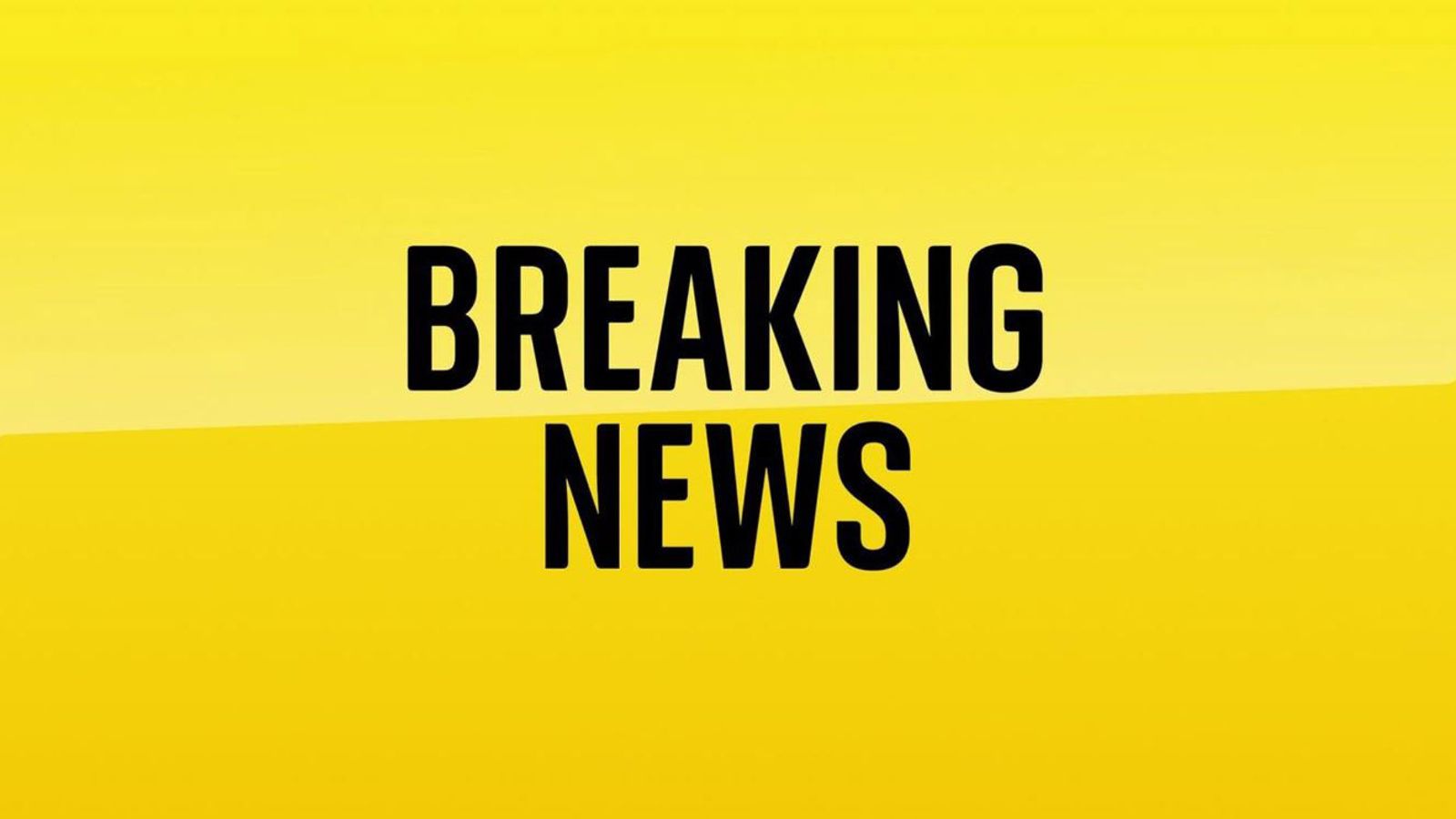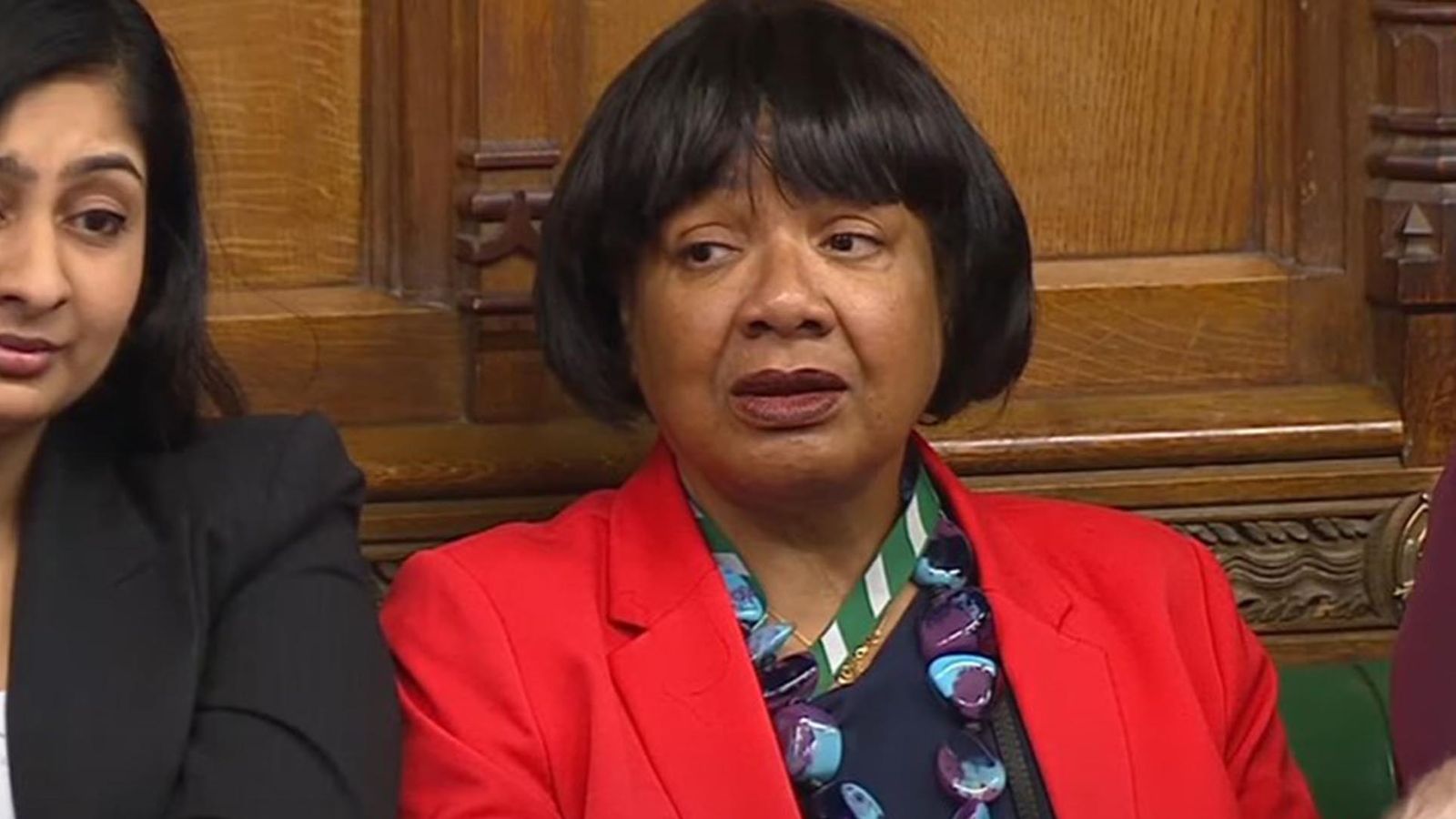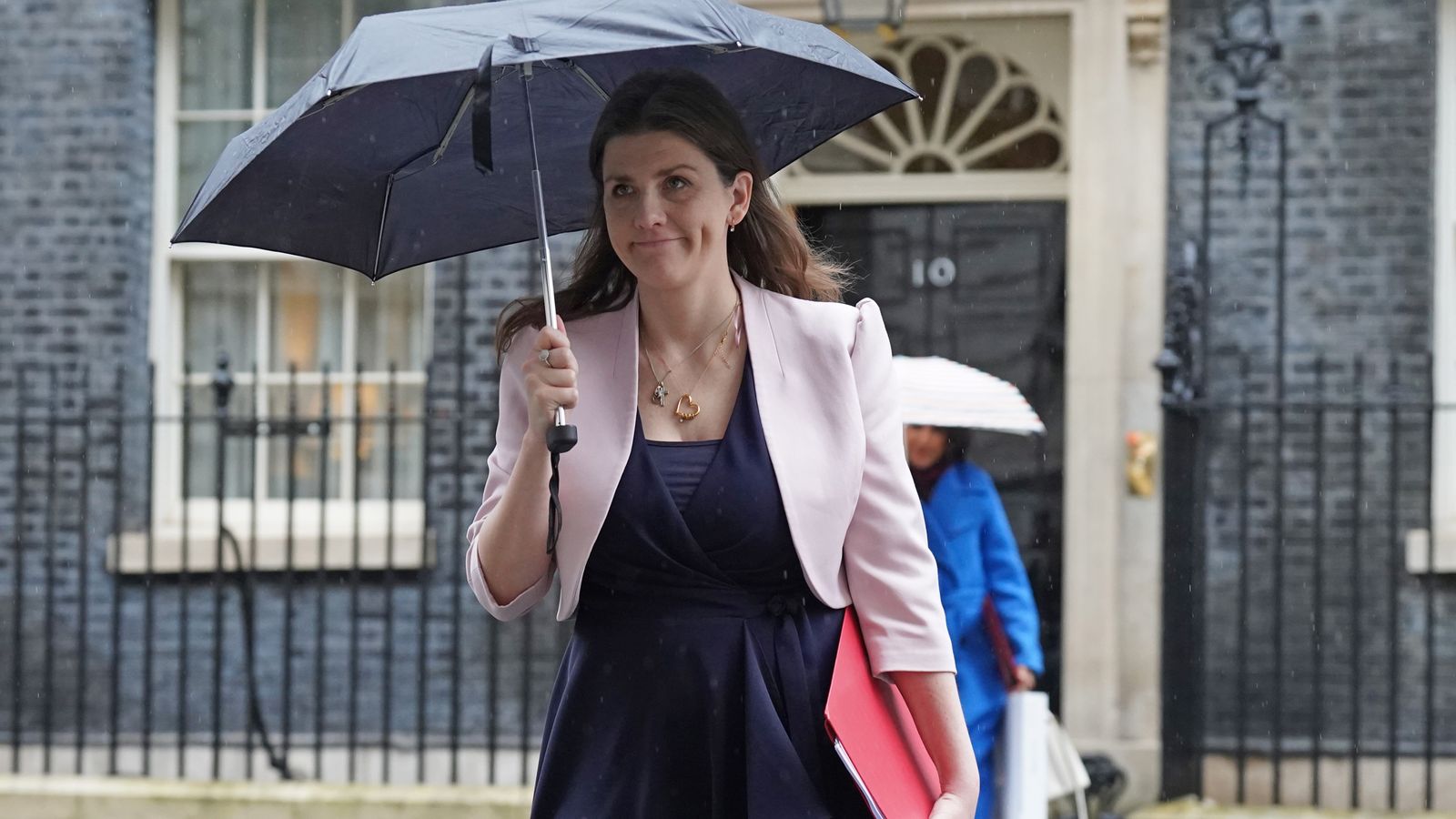Minimum alcohol unit price to increase by 30% in Scotland after rise in related deaths last year | UK News
The minimum price for alcohol in Scotland is to increase by 30% under refreshed plans to tackle deaths and hospital admissions.
After a raft of legal challenges were defeated, the Scottish government introduced a world-first policy in 2018 banning retailers from selling alcohol below 50p per unit.
At Holyrood on Thursday, Deputy First Minister Shona Robison announced the minimum unit price (MUP) will be increased to 65p.
The increase will be subject to parliamentary approval and is expected to come into force on 30 September.
Ms Robison said: “Research commended by internationally-renowned public health experts estimated that our world-leading minimum unit pricing policy has saved hundreds of lives, likely averted hundreds of alcohol-attributable hospital admissions and contributed to reducing health inequalities.
“Despite this progress, deaths caused specifically by alcohol rose last year – and my sympathy goes out to all those who have lost a loved one.
“We believe the proposals, which are supported by Scotland’s chief medical officer, strike a reasonable balance between public health benefits and any effects on the alcoholic drinks market and impact on consumers.
“Evidence suggests there has not been a significant impact on business and industry as a whole.
“Alongside MUP, we will continue to invest in treatment and a wide range of other measures, including funding for alcohol and drug partnerships which rose to £112m in 2023-24.”
Public Health Scotland previously said there were 13.4% fewer alcohol-related deaths than would have been the case without minimum pricing being in force.
But there appears to be limited evidence that the scheme prevented consumption among low-income alcoholics.
Official figures revealed 1,276 people died from alcohol-related health issues last year – the highest number since 2008.
Experts suggested an increase in the unit price could help further tackle the crisis.
Under the 65p MUP, a 700ml bottle of Scotch whisky will cost a minimum of £18.20 – up from £14.
The same volume of vodka or gin will have a minimum price of £17.07.
A pack of four 440ml cans of cider will cost at least £5.15, while a pack of four beer cans of the same size will set customers back at least £5.72.
The Scottish Conservatives and groups representing the off-licence trade are opposed to the increase, while alcohol charities are supportive and said the minimum price needed to be increased due to inflation.
Alison Douglas, chief executive of Alcohol Focus Scotland, said the system was designed to reduce consumption for the roughly one million Scots who drink above the minimum guidelines, rather than the smaller group of 50,000 dependent drinkers.
Ms Douglas told Sky News: “Dependent drinkers are people waking up in the morning and physically or physiologically addicted to alcohol. Clearly, the main thing they are thinking about is not the price of alcohol.
“This policy was aimed at those who are drinking above the low-risk guidelines and who are at risk of drifting into severe alcohol problems.
“We have proof this policy worked, and we need to make it business as usual that this is in with the bricks and something that is a cornerstone of a much more ambiguous alcohol strategy in Scotland.”
Read more from Sky News:
Younger people ‘turning down booze’
Removing large wine option from pubs ‘could be beneficial’
The Wine and Spirit Trade Association hit out at the hike during the cost of living crisis.
The Scottish Grocers’ Federation represents the vast majority of small, independent shops across Scotland.
The group’s chief executive, Dr Pete Cheema, told Sky News: “We’ve always felt that MUP should remain at 50p and we’ve always supported the government on that.”
Dr Cheema believes it should remain at 50p due to the cost of living crisis and high rates of inflation, high interest rates and high rates of taxes.
He added: “If it moves to 65p, it will be the poorest people with the lowest level of income that will be hit the hardest. And we don’t think that’s quite right.”




